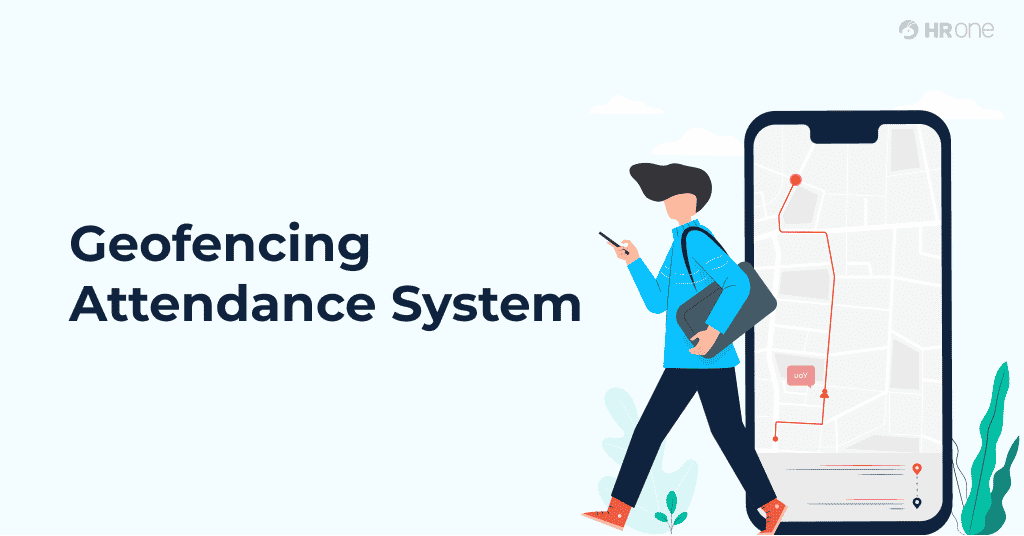
Chandigarh: The Haryana government’s decision to implement a geofencing-based attendance system for all health department employees has triggered widespread opposition from government doctors and other healthcare staff across the state.
The new system, introduced by the National Health Mission (NHM), Haryana, mandates real-time tracking of doctors’ and employees’ locations through a mobile app to verify attendance. The move aims to enhance transparency by recording entry and exit times from designated workplaces using GPS-based virtual boundaries.
As per an official directive dated May 30, salaries of all officers and employees will now be directly linked to the data captured through this geofencing attendance app, titled ‘Geofenced Attendance HRY’, available on Android and iOS platforms.
However, the Haryana Civil Medical Services Association (HCMSA) has voiced strong objections. In a letter to the Director General of Health Services (DGHS), HCMSA stated that during a meeting on June 1, members unanimously rejected the system, calling it an invasion of privacy and a potential cybersecurity threat.
“The system mandates installation of a mobile app on personal devices, which amounts to a breach of privacy — a fundamental right as declared by the Supreme Court in the KS Puttaswamy case,” said Dr Anil Yadav, General Secretary of HCMSA. He further argued that continuous tracking fosters an environment of surveillance rather than accountability.
Doctors also expressed fears that the app could grant unauthorised access to sensitive personal data stored on their phones. “We will not install the geofencing app on our personal phones nor share personal data,” HCMSA declared, demanding reconsideration of the policy.
The opposition isn’t limited to doctors. The Nursing Welfare Association, the Multipurpose Health Workers Association, and the Association of Government Pharmacists have also submitted formal objections, echoing privacy and data protection concerns.
What is a Geofencing Attendance System?
A geofencing attendance system creates a virtual perimeter around a specific location — such as a hospital or office — using GPS or RFID. When an employee enters or exits the zone, the system automatically records their attendance. Though promoted for accountability, critics argue it imposes digital surveillance and data collection obligations on employees.
As tensions grow, the Health Department now faces increasing pressure from multiple healthcare unions to withdraw or modify the system to protect staff rights and data integrity.

